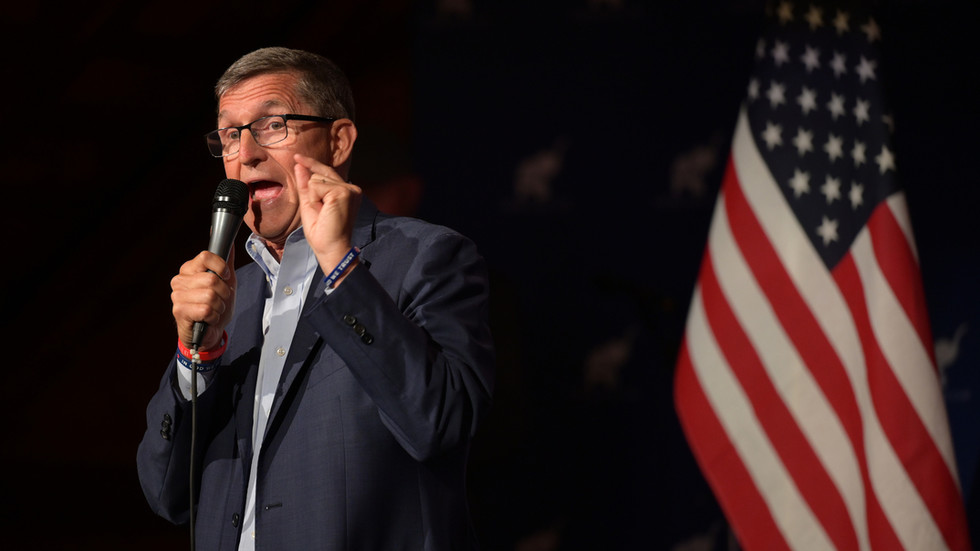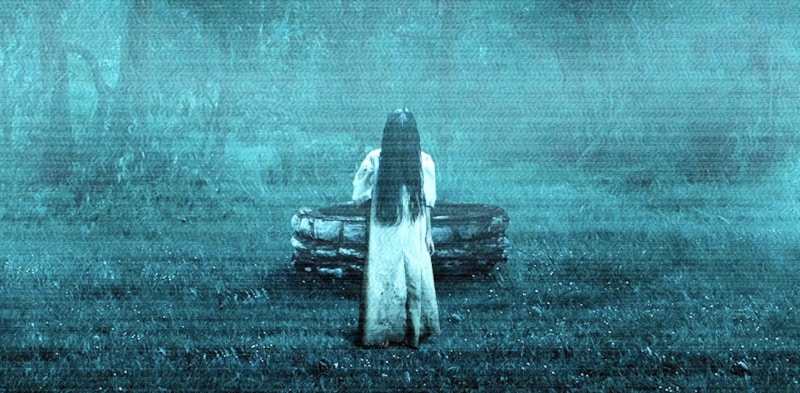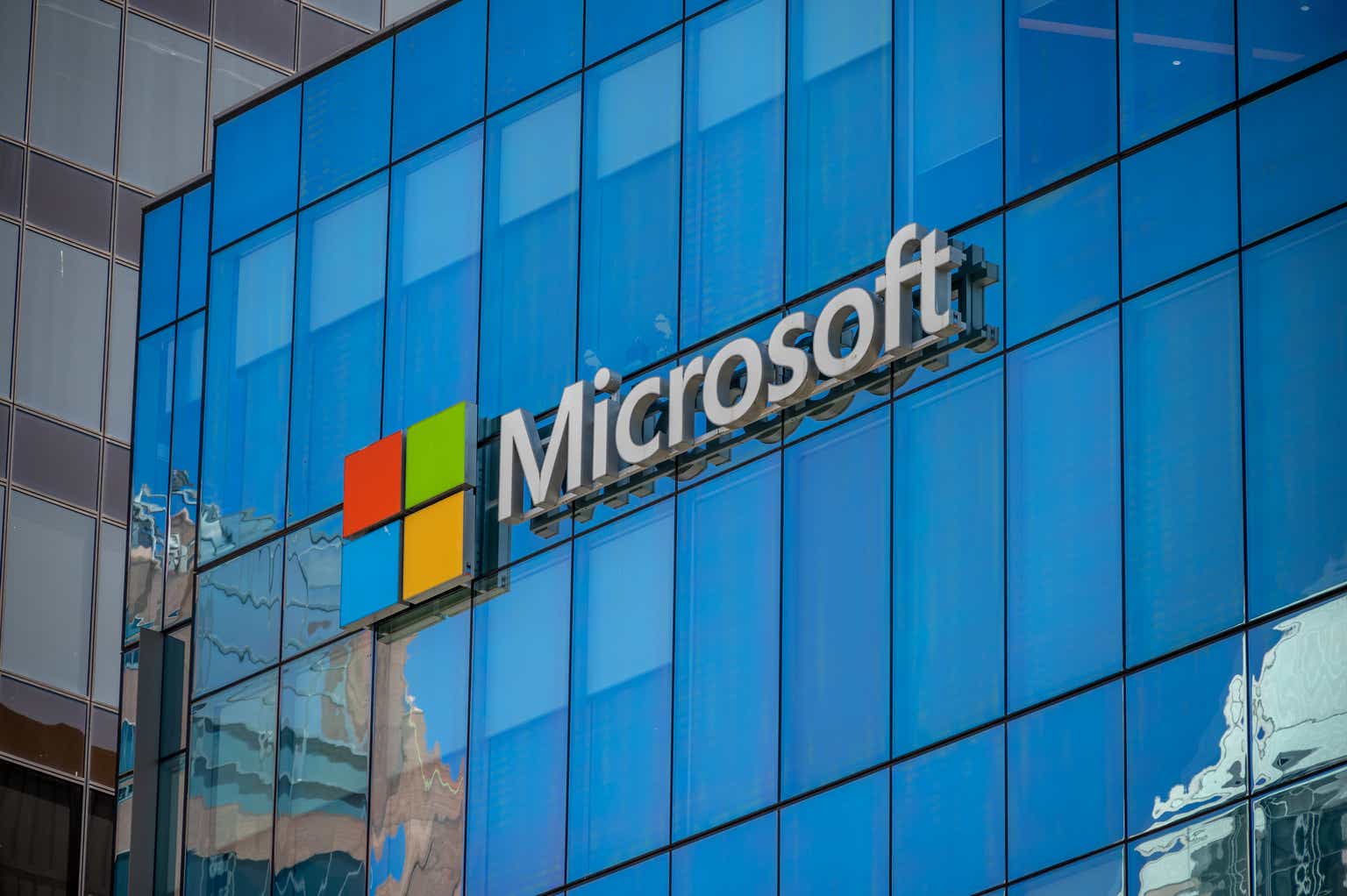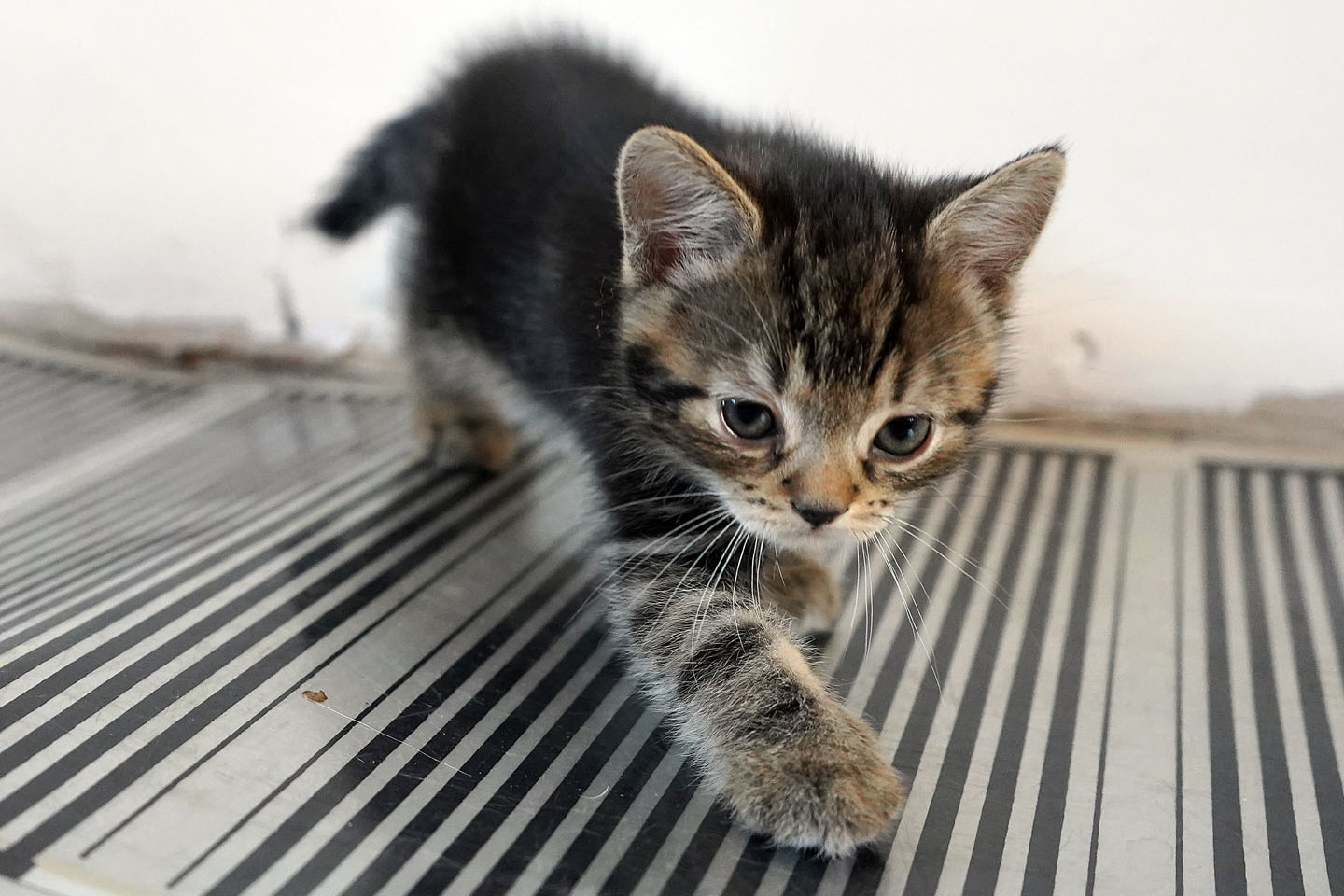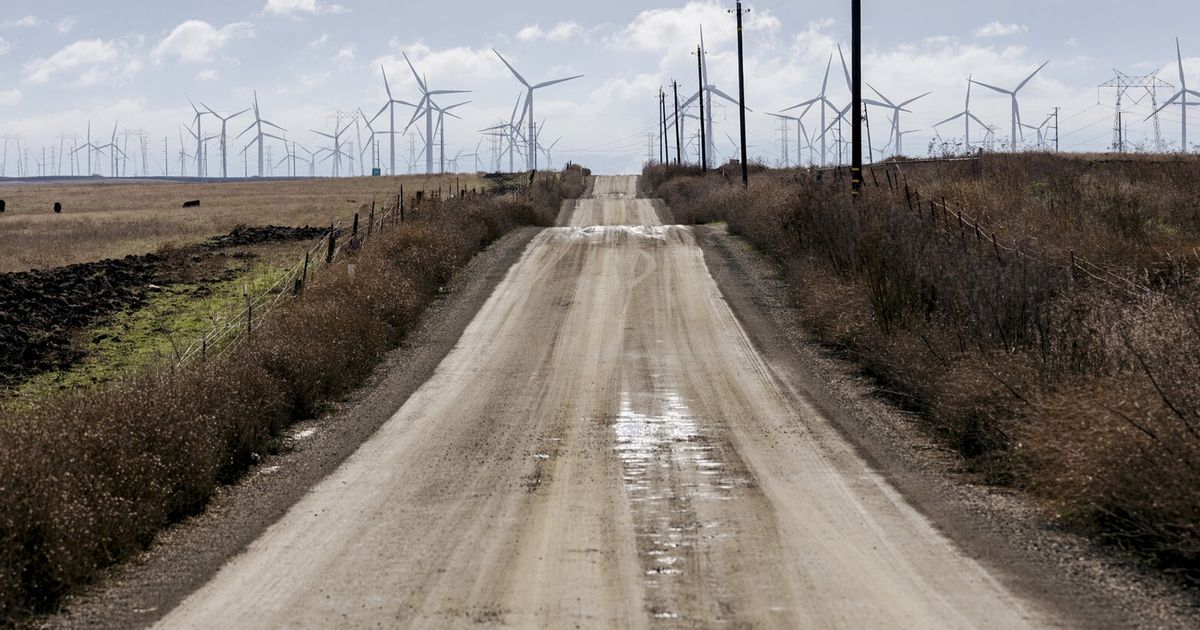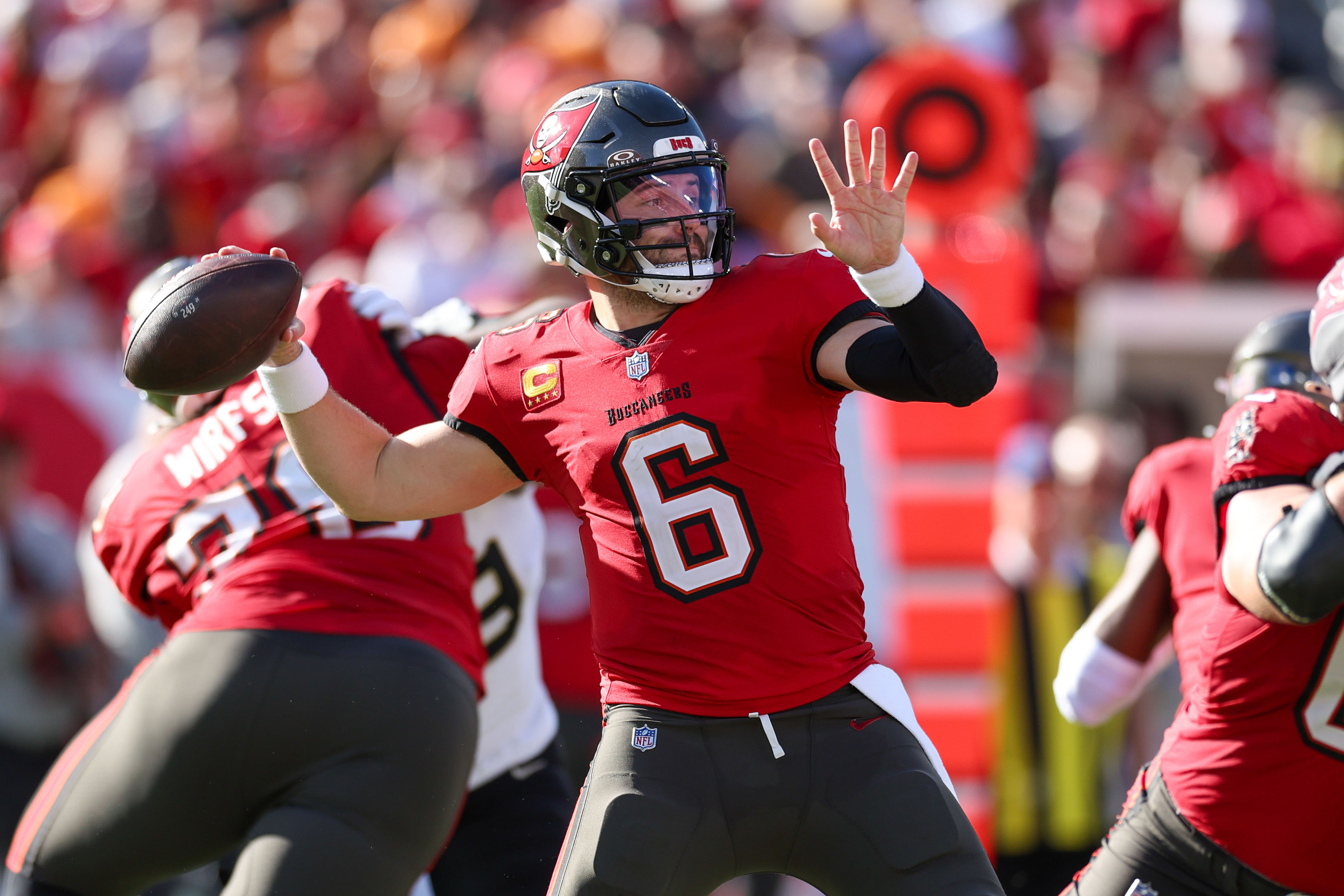RAPPER, YouTuber, and a gangster on the side – this is the man who wants to take on warlord “Barbecue” and control the world’s most dangerous city.
Izo Vilaj de Dye is only 26 but is allegedly behind a series of kidnappings in Haiti and might have even more power than infamous Jimmy ‘Barbecue’ Chérizier.
10

10

10
Rumoured to have earned his nickname for setting his victims on fire, Barbecue is at the eye of the storm as capital Port-au-Prince spirals into an all-out civil war.
The fired cop-turned-warlord, 47, is head of the city’s most fearsome gang coalition, known as the “Revolutionary Forces of the G9 Family and Allies” – or G9 for short.
Together with his gun-touting loyal fighters, Barbecue has for years helped tear the city apart, inflicting terror, sexual violence, torture and lawlessness.
But he could now have some tough competition in the fight for power in the most dangerous city on Earth.
A fresh crime boss
Born Johnson André, Izo Vilaj de Dye is one of Haiti’s rising stars as his rap videos saw him awarded a prize by YouTube for getting 100,000 followers.
But behind the gangster bling front lies a merciless criminal whose gang is involved in rape, abduction, drug and gun trafficking, according to the United Nations.
He is also accused of obstructing the delivery of humanitarian assistance, the BBC reported.
Said to be inspired by artists like Kendrick Lamar and French Montana, Izo released his debut single in November 2021, just after 17 foreign missionaries were kidnapped by rival gang 400 Mawozo.
His song accused the Haitian government of providing the gangs with assault rifles.
At just 26, Izo is the boss of one of Haiti’s most violent gangs, Baz 5 Segond (5 Seconds).

10

10
The gang is allegedly in control of Village of God, one of the poorest slums in Haiti and where five cops were killed in a botched raid in 2021.
The area is also known for having high kidnapping rates, VICE reports.
Unlike his warlord counterpart Barbecue – who loves chatting with reporters in his signature bullet-proof vest – the young thug tends to use social media to publish music videos rather than to air his political views.
But that does not mean he has less criminal power.
Romain Le Cour, who has been researching Haiti’s gangs for years, told the BBC that Izo has a distinguished ability to seize control of marine channels in Port-au-Prince Bay.
This allows him to avoid territories controlled by other gangs and transport weapons rapidly.
According to the UN, Izo has allegedly taken advantage of Haiti’s “fragile security environment” to profit from cocaine trafficking, with some shipments apparently coming directly from South America in the Vilaj de Dye area under his control.
In its study on Haiti’s gang crisis, the Global Initiative against Transnational Organised Crime (GI-TOC) examined Izo’s ambitions to expand his territorial authority outside the city.
His group’s entrance into Mirebalais, some 21 miles north of the city, resulted in fatal fights between members of his 5 Segond gang and vigilantes, which saw 30 people killed.
According to the study, the violence drove at least 800 people from their homes.
Mr Le Cour added that Izo’s drug trafficking and guns smuggling network will be especially difficult to dismantle since it is so diversified, to the point that he does not hesitate to sell weapons to his rivals.
Reign of fire
It is not yet known how far will Izo Vilaj de Dye’s get in his bid to control Port-au-Prince, as the stricken capital currently lies in the hands of Jimmy “Barbecue” Chérizier.
The fired cop turned warlord has been taking to the streets with a new vengeance and a plan to overthrow the government.
He is is the man behind a new vicious wave of coordinated attacks inside Port-au-Prince that have caused unimaginable scenes of violence.
Dozens have been killed, two jails have been emptied, over 4,000 dangerous inmates are roaming free and riots against the government have engulfed the city.
A state of emergency has been declared and Haiti’s minimal police force is battling to control the worst of the violence sweeping across the capital.
Having emerged as the most visible face of the latest violent unrest, Barbecue has been one of the most vocal enemies of Ariel Henry, who has now resigned as Prime Minister of Haiti.
Barbecue – who is rumoured to have earned his nickname for setting his victims on fire – envisions himself as a “revolutionary”, a self-professed “man of the people”.
His methods, however, involve the killing, maiming and extorting of anyone unlucky enough to fall within his grip, turning every day into a constant battle for survival for residents.
The former elite police officer has been accused of leading numerous large-scale massacres inside Port-au-Prince’s poorest neighbourhoods.
He is currently sanctioned by the UK and its allies for “engaging in acts threatening the peace, security and stability of Haiti”.
And his influence is fast increasing as the country spirals into further turmoil sparked by the 2021 assassination of the country’s Prime Minister Jovenal Moïse.
Ever since, a security vacuum opened up and Barbecue has been greedily exploiting it, taking over territory and expanding his coalition with other gangs to wage further war.
G9 has also been responsible for repeatedly cutting Haiti off from its much-needed fuel supply by taking its main oil terminal hostage.
In a savage display of strength, Barbecue paralysed the country several times by preventing the distribution of food, water and vital medicines, plunging it into a deeper humanitarian crisis.
A record of crime – on and off duty
Barbecue’s criminal career dates back to his time as a police officer, InSight Crime reports.
He participated in an anti-gang operation in 2017, leading to the extrajudicial killing of nine civilians.
In 2018, he led a group of seven gangs in a massacre in La Saline, Haiti’s worst massacre in over a decade.
Barbecue was then fired from the police force and a warrant was issued for his arrest.
In 2019, he participated in a four-day attack across Port-au-Prince’s Bel-Air neighborhood, killing at least 24 people.
Barbecue received money, weapons, police uniforms, and government vehicles from senior officials in Moïse’s government.
The attacks were precursors to the formation of the G9, which expanded its territorial control and provided politicians with a way to stamp out opposition.
In July 2021, Barbecue and the G9 faced a turning point when Moïse was assassinated, causing a 30% drop in government funding.
Barbecue led multiple blockades of Haiti’s largest oil terminal, Terminal Varreux, to restrict fuel access and destabilise the government.

10

10

10

10

10


